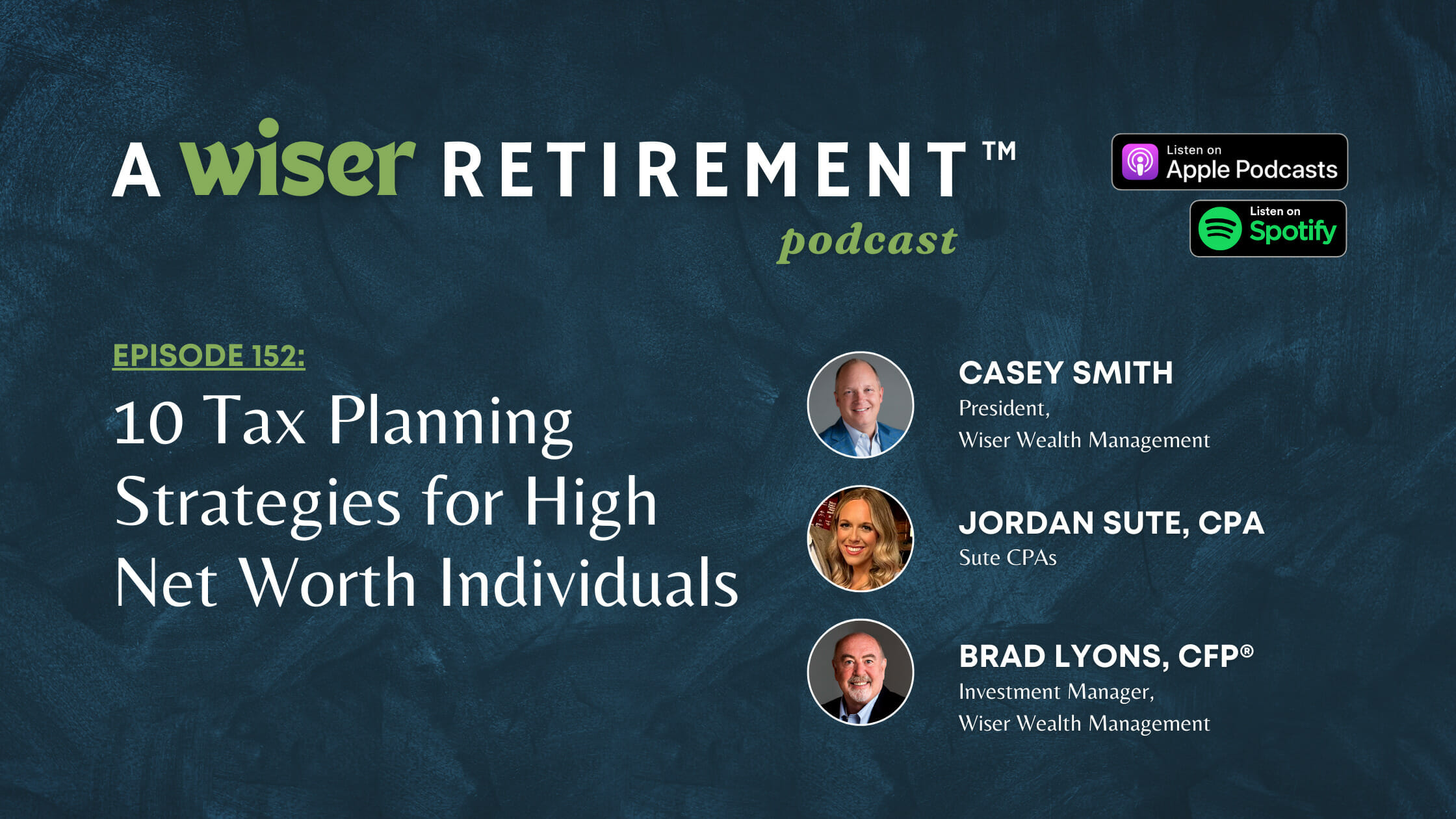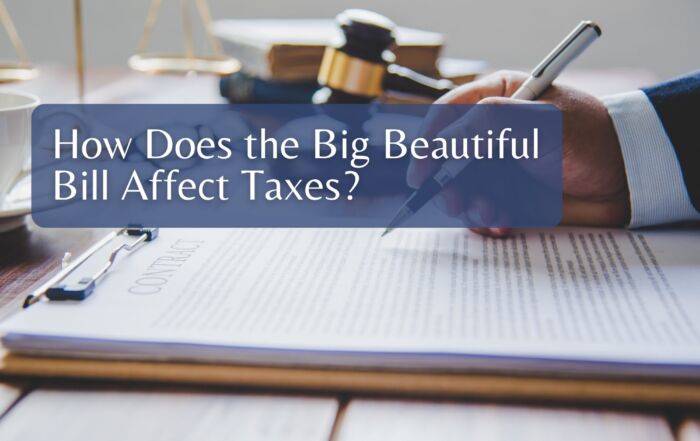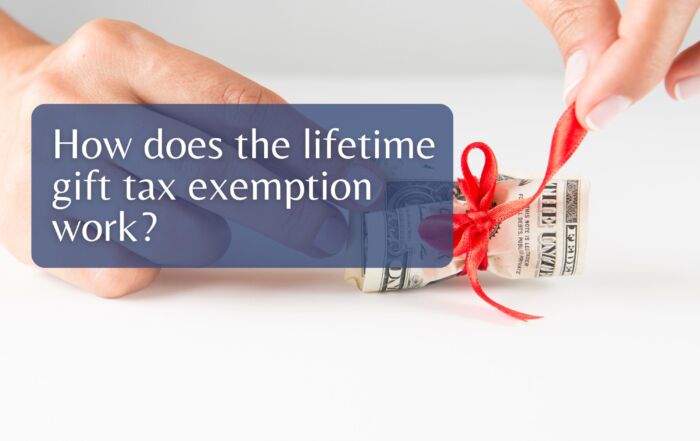
10 Tax Planning Strategies for High Net Worth Individuals
On this episode of A Wiser Retirement Podcast, Casey Smith, Brad Lyons, CFP®, and guest Jordan Sute, CPA, give a quick market update. They also talk about 10 tax planning strategies for high-net-worth individuals.
Listen on Apple Podcasts or watch on YouTube:
SUMMARY:
As we reach the one-year mark of the war in Ukraine we think of all the lives lost during this period. Unfortunately, the effects of the war have been felt all over the globe. Inflation, supply chain issues, and energy prices have also affected the financial services industry. However, the hope is that the war will soon end, and looking back this will have been a short-term strain on our economy.
Don’t Buy Annuities
With all the uncertainty in these times, many people try to create certainty in one way or another. Buying annuities may sound like that kind of assurance to some. In general, annuities pay high interest on the money invested upfront, but on the other hand, the money needs to stay in that account for years (usually 10 to 14 years). This makes it not a wise investment since investing in the stock market can generate more interest revenue over the same period of time. Additionally, annuities don’t make a good inheritance because of tax implications.
Consequently, when making investments it’s essential to have a holistic view, instead of investing to get the biggest return as soon as possible. A comprehensive approach to investing your money would be to analyze the short-term and long-term benefits and consequences of that investment in your financial plan and most importantly consider tax implications. This is true for anyone who plans to invest, but especially for those with a high net worth (5 to 10 million dollars). Usually, a high-net-worth individual has more complex tax issues. For this reason, we talked about 10 tax planning strategies for high-net-worth individuals:
1- Manage Your Investments Tax-wise
Fixed-income securities issued by the government are taxed preferentially when income taxes are filled. Municipal bonds are federal tax-free. This is done to keep the government’s borrowing low. At a municipal level, many of these municipal bonds are offered with guaranteed repayment. Municipal bonds should be part of an overall plan, and evaluated case by case.
2- Convert IRA to Roth
Converting an IRA to a Roth IRA is a great tax-planning strategy, that can be very beneficial. However, it can also hurt. So, it’s important to be attentive to which tax bracket you are in, and also take into consideration a possible future tax bracket.
3- Contribute to 529 Plans
For those in the high marginal brackets, using a 529 to save for kids’ college, can be a great strategy. This allows for saving without paying high taxes, and it can be done by parents or grandparents. Additionally, if you don’t use your 529 you can roll it over to a Roth account.
4- Max Out Your 401K
In many cases there are ways to invest in your 401K past the limit amount (which is approximately $22,500 for 2023), it’s important to understand your company’s policy, and if you are allowed to, invest as much as you can in your 401K.
5- Max out an HSA
HSA is a Health Savings account. In 2023 you can deposit $700 a year, that’s tax-free. If you don’t use this money for health expenses now, you can use it tax-free during retirement.
6- Invest in Real Estate (1031 Exchange)
If you’re selling an investment property and buying another one you should do a 1031 exchange. This strategy needs to be very well planned out before the selling agreement, or else it cannot be used.
7- Increase Your Giving
This is an itemized deduction. If you are married and your itemized deduction is below $25,000, it doesn’t help much with tax deductions. However, if you are retired and have RMDs, your donations should be given out of your IRA because those come right out of your IRA tax deductions.
8- Give Items of Value
People can donate things of value to charity and get a deduction from their tax returns. Those items could be, expensive bottles of liquor, gold coins, etc. Goodwill donations can also sometimes be included in those deductions.
9- Start a Donor Advised Fund
When you are reaching retirement, and you know it’s maybe your last high income year, you should consider contributing to a donor-advised fund. If you put assets in a donor advised fund, you can get the tax deductions for that in the same tax cycles, and then spread the donations out however you’d like.
10- Build a Team of Advisors, CPAs, Attorneys
We do this very well at Wiser Wealth Management, we have a team of attorneys and CPAs behind us, to support our clients in all their financial needs, and give them a strategy on how to make the most out of their hard-earned money.
Download our eBook on “Top Reasons Most Financial Plans Fail”
TIMESTAMPS:
0:00 Intro
6:50 Don’t Buy Annuities
11:43 Manage Your Investments Tax-wise
18:38 Convert IRA to Roth
23:37 Contribute to 529 Plans
27:34 Max out Your 401k
30:20 Max out an HSA
31:29 Invest in Real Estate
33:45 Increase Your Giving
36:48 Give Items of Value
39:00 Start a Donor Advised Fund
40:48 Build a Team of Advisors, CPA’s, Planners, Attorneys
LINKS:
Learn more about Casey Smith and Brad Lyons, CFP®.
CONNECT:
Twitter, Instagram, Facebook, LinkedIn, and YouTube.
Learn more about A Wiser Retirement podcast and access previous episodes.
Share This Story, Choose Your Platform!
Wiser Wealth Management, Inc (“Wiser Wealth”) is a registered investment adviser with the U.S. Securities and Exchange Commission (SEC). As a registered investment adviser, Wiser Wealth and its employees are subject to various rules, filings, and requirements. You can visit the SEC’s website here to obtain further information on our firm or investment adviser’s registration.
Wiser Wealth’s website provides general information regarding our business along with access to additional investment related information, various financial calculators, and external / third party links. Material presented on this website is believed to be from reliable sources and is meant for informational purposes only. Wiser Wealth does not endorse or accept responsibility for the content of any third-party website and is not affiliated with any third-party website or social media page. Wiser Wealth does not expressly or implicitly adopt or endorse any of the expressions, opinions or content posted by third party websites or on social media pages. While Wiser Wealth uses reasonable efforts to obtain information from sources it believes to be reliable, we make no representation that the information or opinions contained in our publications are accurate, reliable, or complete.
To the extent that you utilize any financial calculators or links in our website, you acknowledge and understand that the information provided to you should not be construed as personal investment advice from Wiser Wealth or any of its investment professionals. Advice provided by Wiser Wealth is given only within the context of our contractual agreement with the client. Wiser Wealth does not offer legal, accounting or tax advice. Consult your own attorney, accountant, and other professionals for these services.





